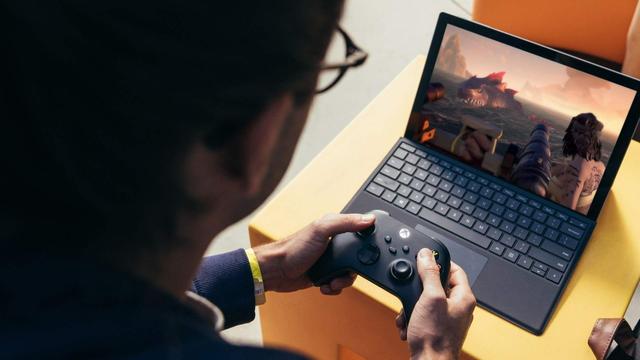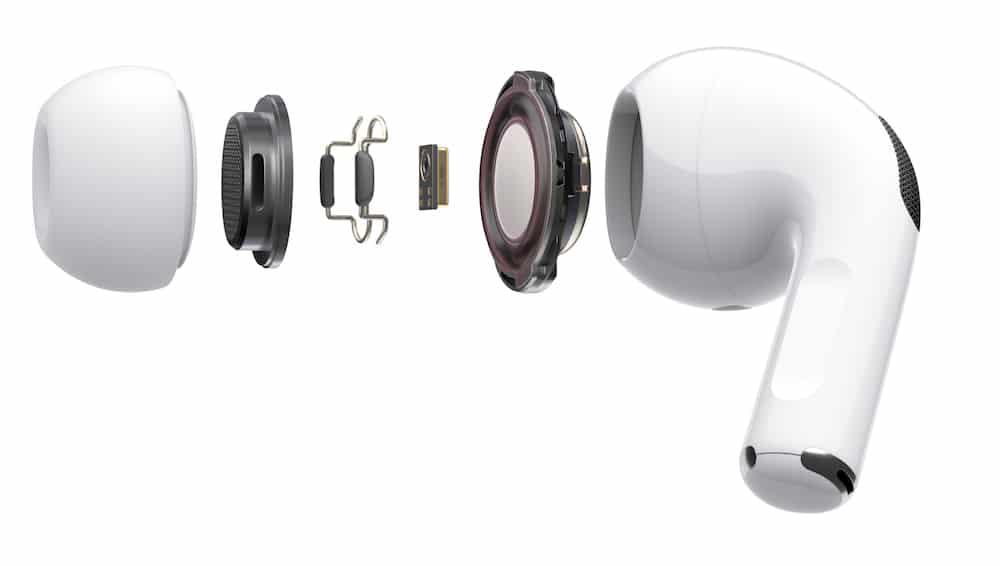Windows 11: up to 30% less performance, a security function in question
The launch of Windows 11 is imminent and testing has begun. A security function is called into question by several benchmarks: the drop in performance would go up to 30%.
The Xbox application on a Windows PC // Source: Microsoft Xbox
The release of Windows 11 is a good opportunity to test the new system with its predecessor to answer the question: should you update your machine? Thanks to several changes made by Microsoft, the performance of the new system should be up, especially on modern machines. However, in fact, several tech players have observed a drop in performance, and not the least.
Up to -30% in-game performance
Three actors confirmed the drop in performance through their own methods. First the firm UL Benchmark, publisher of 3DMark and PCMark software in particular, which noted a drop in performance confirmed by the Computer Base and PC Gamer sites with more precise measurements. On the game Shadow of The Tomb Raider, PC Gamer falls on a 28% drop in performance, going from 107 frames per second on average to 77.
Same observation on the Horizon Zero Dawn game which goes from 87 frames per second on average to 65 frames per second.

The three sources implicate the same function: VBS, or Virtualization-based Security. In French: security based on virtualization.
A security feature sometimes enabled by default
VBS is a security feature developed for Windows 10 that allows virtualization processor capabilities to be used to isolate a portion of RAM from normal operating system operation. This isolated part will thus be protected from vulnerabilities. Microsoft uses this method to create a secure session where the user's authentication data will be stored in the isolated part of memory. This also makes it possible to verify the legitimacy of the code to be executed, especially when it comes to programs affecting the Windows kernel such as certain drivers. If any of this software were to be malware, it would not be able to access this isolated part.
The VBS function may in particular be activated by default by PC manufacturers when they market a machine for Windows 11 to reinforce security. On PCs updated from Windows 10, VBS should be disabled by default. Gaming PC manufacturers may decide to disable this feature, which is not an obligation on Microsoft's part, to guarantee a high level of performance.
A not so easy option to activate and deactivate
As we said, VBS is an optional feature. In principle, it can be activated or deactivated at any time. To check its status, you have to go to the Windows "system information" application and check the "virtualization-based security" line to see if the function is "running" or not.
Unfortunately, its activation or deactivation does not go through a simple option. In principle, the parameter is in "Windows security" then "Device security" and finally "Kernel isolation", but in our case, the options were disabled on this window while VBS was indeed activated. According to PC Gamer, you have to go through the registry editor and change settings in the BIOS. Methods that are, to say the least, not recommended, unless you know precisely what you are doing.
Hopefully Microsoft will soon come up with a more reliable method to leave this setting up to the user. The VBS feature looks great on paper, and we had no trouble playing video games on the machine with the VBS enabled. It should therefore not necessarily be deactivated, but the choice should be left more easily.
To follow us, we invite you to download our Android and iOS application. You can read our articles, files, and watch our latest YouTube videos.
All about Microsoft Windows 11



![PAU - [ Altern@tives-P@loises ] PAU - [ Altern@tives-P@loises ]](http://website-google-hk.oss-cn-hongkong.aliyuncs.com/drawing/179/2022-3-2/21584.jpeg)

![Good deal: 15% bonus credit on App Store cards of €25 and more [completed] 🆕 | iGeneration Good deal: 15% bonus credit on App Store cards of €25 and more [completed] 🆕 | iGeneration](http://website-google-hk.oss-cn-hongkong.aliyuncs.com/drawing/179/2022-3-2/21870.jpeg)





Related Articles